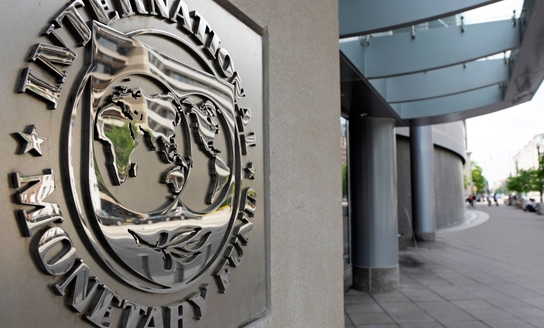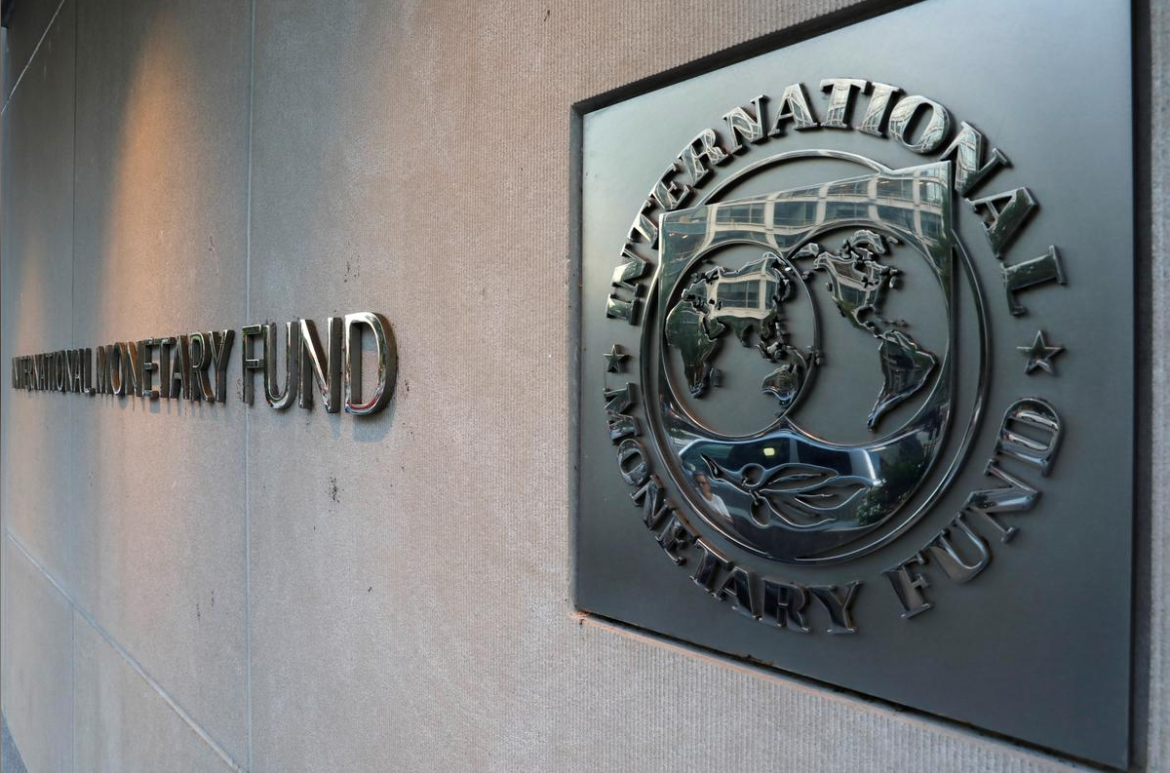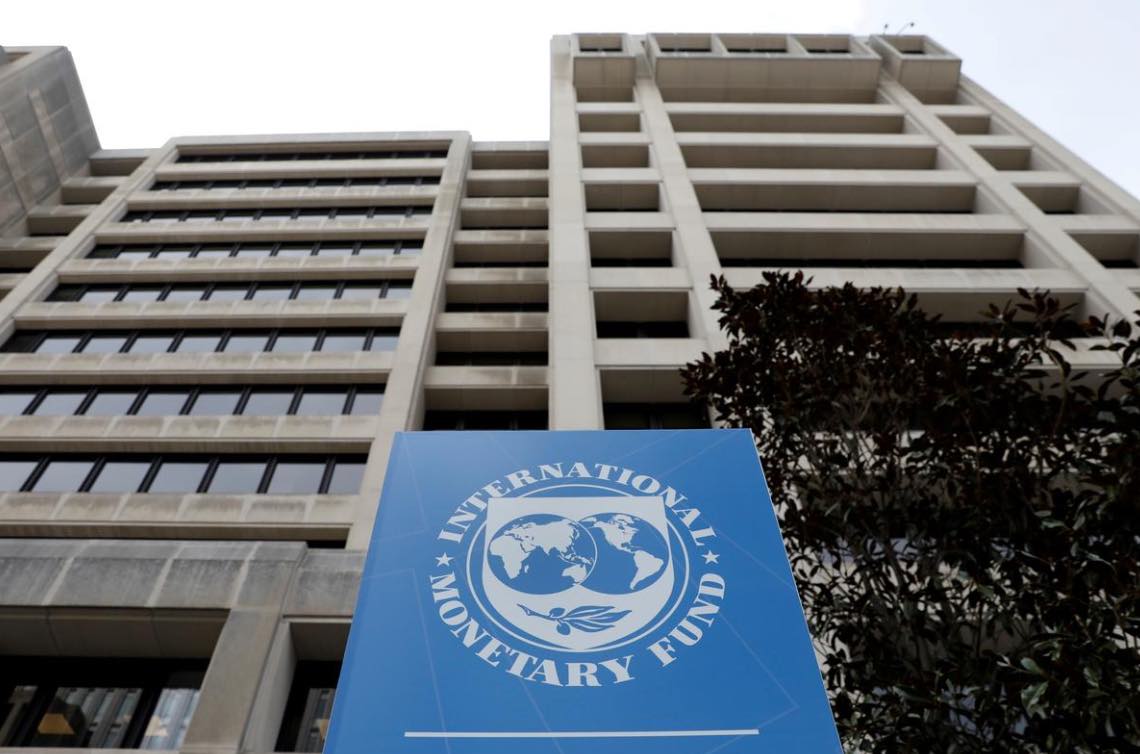
A coalition of economists, activists and academics are condemning the government’s economic reform plan put forward by the Ministry of International Cooperation to help ensure a US$3.2 billion loan from the International Monetary Fund.
In a memo to Parliament, the Popular Campaign to Drop Egypt’s Debt, criticized the plan’s focus on decreasing the budget deficit mostly through cutting spending while ignoring elements of social justice that have been among the central demands of mass protests since early last year.
The campaign seeks to reform economic policy to create a more streamlined, transparent budget and assure independence from foreign aid.
Representatives from the campaign met with the head of the People’s Assembly Budgetary Planning Committee, the Freedom and Justice Party’s (FJP) Saad al-Husseini to discuss the ministry's proposed reforms and dissuade Parliament from accepting the plan.
On Sunday, an IMF delegation to Egypt stated that the loans would be incumbent on the Egyptian government presenting an economic reform plan agreed upon in Parliament, according to official statements from the Ministry of International Cooperation. However, Parliament’s largest political party, the Muslim Brotherhood’s FJP, has generally shown skepticism towards the IMF loan plan.
FJP head Mohamed Morsy said on Tuesday that his party will wait to know more details on the loans and their conditions before deciding on his party’s position. The FJP’s official newspaper said on Monday that Prime Minister Kamal al-Ganzouri’s government is attempting to force the loans and might resort to the military council’s help to push their approval.
For the better part of this week, the IMF has been in negotiations regarding the loan and its stipulations, with an apparent stand-off occurring between the cabinet and the People’s Assembly. Political analyst Emad el-Din Hussein wrote in a column in the privately-owned newspaper Al-Shorouk that the IMF delegation in Egypt is acting like a de-facto liaison between the military-run government and Parliament.
Ganzouri’s government is continuing the view of its predecessors that immediate budgetary support is needed to stave off economic catastrophe. Egypt’s foreign reserves decreased by more than 50 percent over the past year and are reportedly continuously decreasing at high rates, putting pressure on the pound while decreasing confidence in the economy. According to Ministry of International Cooperation, the economy will not be able to generate enough savings or profit to help plug the budget deficit, and is putting enormous pressures on social welfare programs as well as the budgets of other government institutions. They seem to believe that the IMF loans are crucial to this.
The main tenet of Minister of International Cooperation Fayza Abouelnaga’s plan involves raising government revenue by increasing taxes in general. The plan mentions potentially increasing income taxes, but the method and policies by which the plan proposes to do so are unclear.
Since the government is in a state of political limbo, the lack of clarity in the plan regarding raising taxes is a worrying factor for the Popular Campaign to Drop Egypt’s Debt. “Choosing who will pay (more) taxes is in and of itself a social policy that could either be against the poor or against the rich,” the memo states.
Other ways the plan proposes to increase revenue include increasing sales tax, as well as taxing agricultural land rent more rigorously. The opposing campaign argues that both plans are unfair to the poor.
Sales tax affects the poor and rich alike, and would be implemented across sectors despite the fact that poor spend less on non-essential consumption. Raising taxes on agricultural land, they say, would exacerbate a problem that began in 1996 when rent control on agricultural land was lifted, impoverishing rural areas as a result.
Energy subsidies have always been a contentious subject within the government budget. Many feel that they benefits large, energy-intensive industries and those who do not need it while creating an unnecessary strain on the budget as subsidies represent around one fifth of the entire budget.
The government’s plan does include an element of energy subsidy reform, but it is vague and does not address major portions of the subsidy program besides streamlining propane tank subsidies.
The government’s urgency on the loan, as former Finance Minister Hazem al-Beblawy stated, is a result of the depleting foreign reserves.
The campaign, however, argues that this is not a new phenomenon and the current economic situation does not dictate the need for drastic economic measures taken at the expense of social justice. The memo states that the current economic reform plan underlines a lack of initiative and ability to introduce real reform under the current government.
The group also points out that the loans would increase the burden on the budget, which is already burdened with high levels of debt servicing annually.
“In short, Ganzouri’s government is telling the people: We will borrow in your names so that your children and grandchildren continue paying off our debts,” the memo states. It views this government’s policies as a continuation of the Mubarak-era inclination to appease businessmen and high-income households at the expense of the well-being and future development of the rest.



